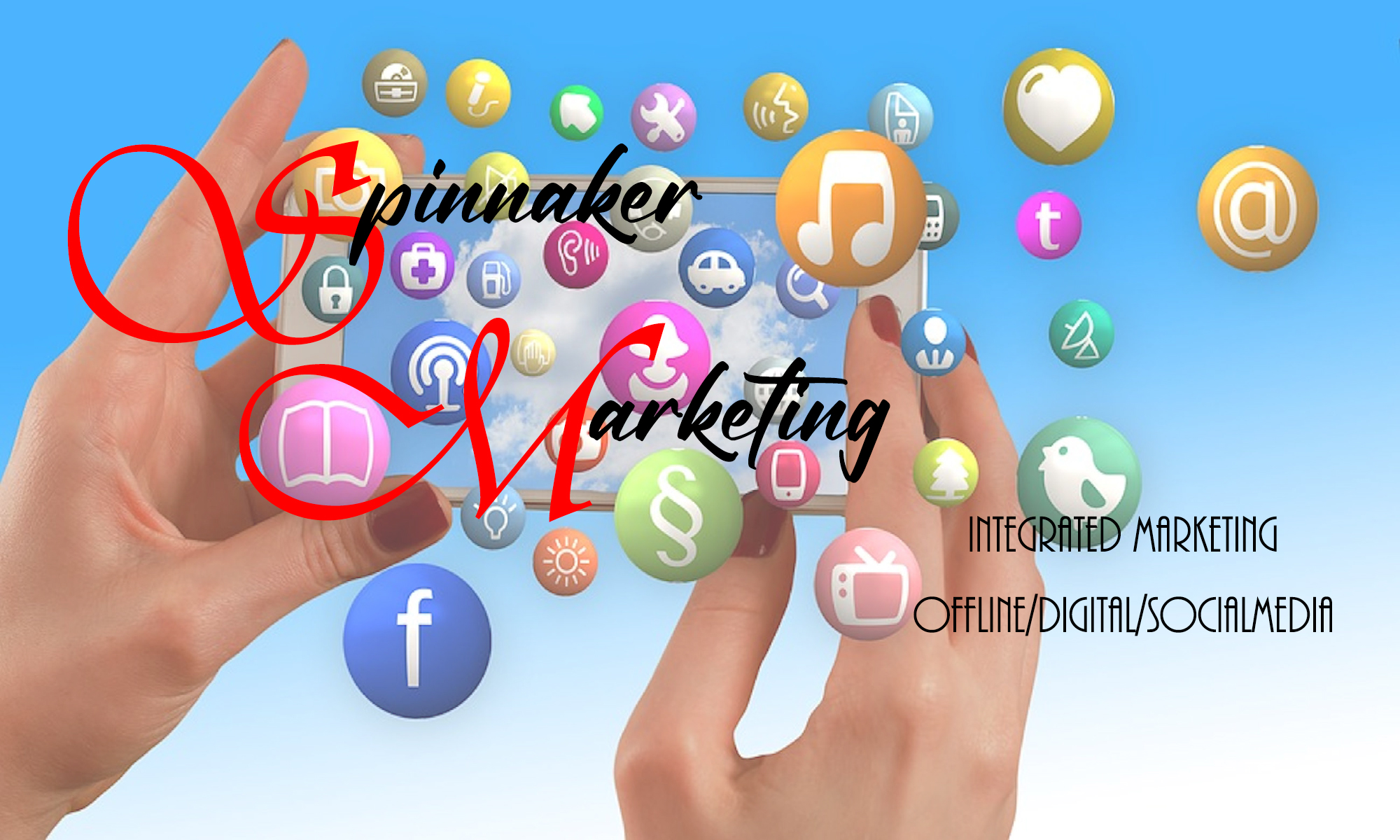Less than a year after Facebook deployed “Places” to compete with Foursquare and Gowalla, Facebook is pulling the plug on Places over the next few weeks.
Despite its 750 million members, Facebook could not leverage its mass to make “places” work
Facebook Places never really got much traction compared to other self standing geolocalization platforms like Foursquare, Yelp, Gowalla and other niche platforms. Places though is not going the way of the dinosaurs, Facebook opted to integrate the localization feature directly in the post, on the wall.
The new feature will allow any user to tag locations in their posts. They won’t need a smart phone or be near the place for that matter. They will be able to use the feature from a computer, tablet or any other device giving them access to the internet using the “Places” icon at the bottom of the post

What does that mean for users. As Facebook changed its aim from Foursquare to Groupon with the deployment of the Facebook “Deals”, we can expect a closer integration of “Deals” with the posts and more online offers. Hopefully these offers will not clog the wall
Good news though, after the uproar on Facebook privacy settings and the bad habit Facebook had to make new features “opt-out”, Facebook seems to have listened to users and the location feature will be “opt-in”
Who knows, they may even start a new trend that will lead more companies to adopt the “opt-in” model rather that the “opt-out” model.
